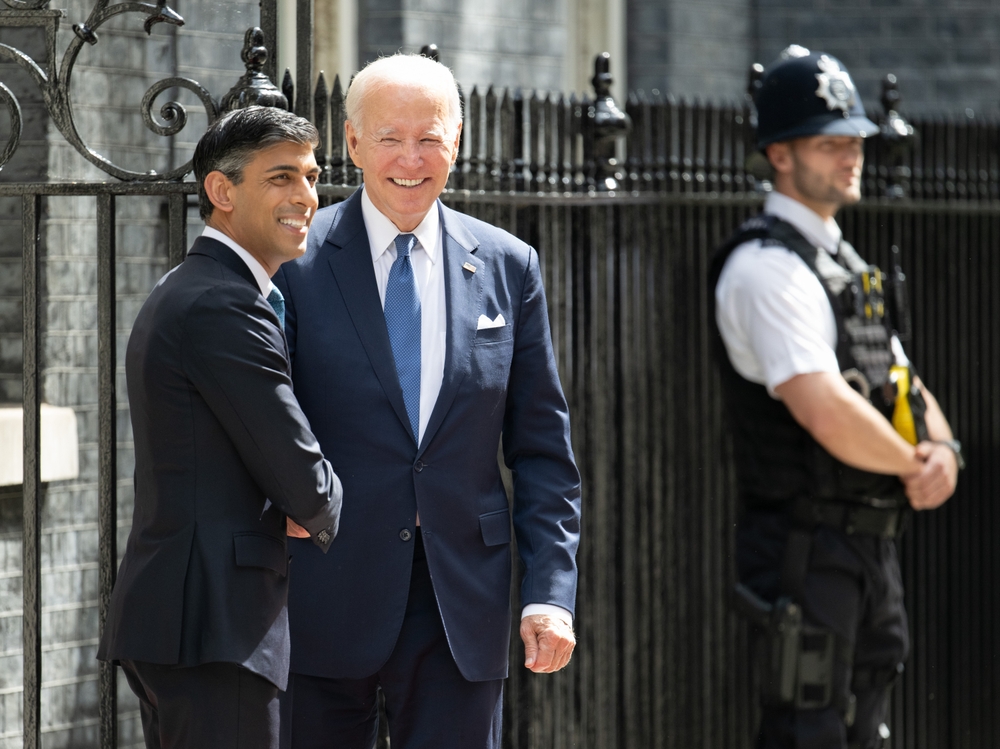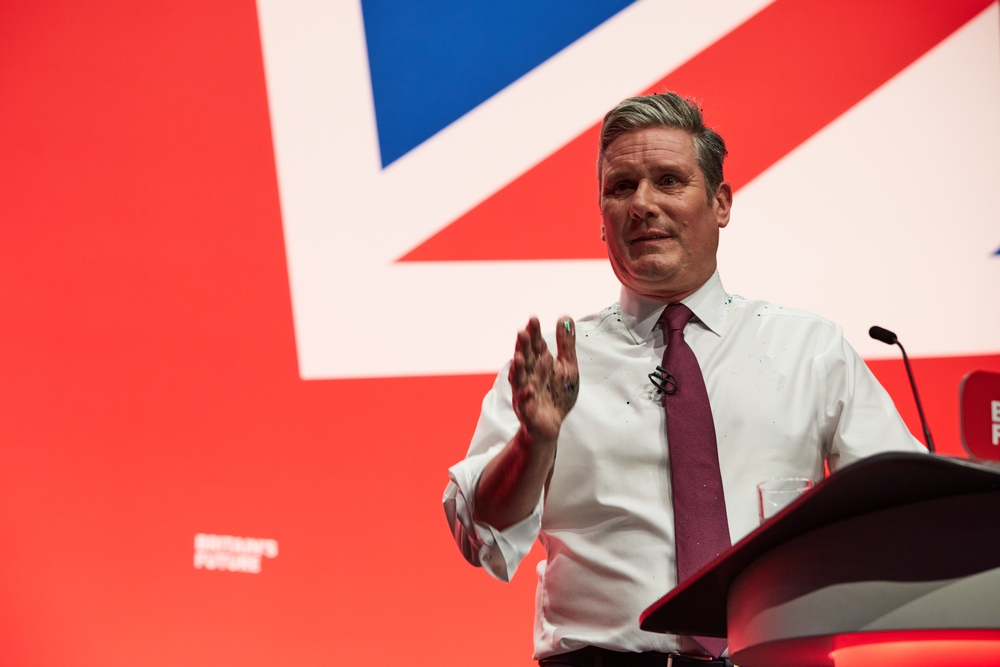
If there is one thing that unites Conservatives it is the desire to win the next general election outright. Certain things follow from this. The first is that we need more votes at the next election than we received at the last. This means attracting people who voted for a different party last year. This in turn imposes two requirements: to address the things they care about most, and to show that we are changing the things that put them off voting Conservative in the past.
You may think this is so obvious that is hardly needs stating. Indeed, Conservative audiences always nod earnestly when you tell them. Yet some Tories have an apparently limitless capacity to detach this objective from the way they actually behave.
What do we know about voters’ priorities? We know they are anxious about the economy, in terms of growth and jobs, not just cutting the deficit. We know they care more about the NHS than they think we do, that they believe it is subject to cuts and that they do not know how our reforms are supposed to benefit them. We know they are not sure whether our promises on immigration are being delivered. We know they do not think this government is dealing as effectively with crime as they hoped and expected. And we know that for many people, the main barrier to voting Conservative is that they do not think we share the concerns of people like them. But which issue has the last week shown still seems to exercise our party above all others?
Some will be inclined to blame the media for the back-to-the-nineties coverage of Tory turmoil over Europe. But the fact that we know journalists find the story irresistible makes it all the more ludicrous to hand it to them on a plate. Others have blamed “party management”, as though imposing only a one-line whip and allowing many more Tory MPs to cast an apparently cost-free vote for the referendum motion would not have created even bigger problems (and led to just as many complaints about “party management”, no doubt from the same people). There have been suggestions that some MPs rebelled as payback for various perceived slights from Number 10 which have nothing to do with European policy – which, if true, makes the rebellion more self-indulgent, not more justified. Either way, all Conservatives, whether in parliament or not, and certainly not just those in Downing Street, are responsible for the impression of our party that we give to the outside world.
Monday’s display was damaging because it suggested to ordinary voters that the Conservatives are far away from them when it comes to priorities – the most important issues facing the country, and their families. The point is not whether they agree with us over Europe: the sceptical Tory view, articulated over many years by William Hague and others, is close to the centre of gravity in public opinion. The question is whether it matters to them as much as other things matter, and the fact is that it does not.
It is sometimes argued that Europe’s lowly position in lists of voters’ priorities shows only that most people are not much interested in the European question in principle; they are much more exercised about the EU’s practical effects in every day life. In other words, people care more about Europe than they think they do. This is a comforting idea for Conservatives looking for a reason to push the issue up the agenda, but I do not think it is true. The example of immigration helps to illustrate why. People are not so much worried about the fact of immigration, but about what they fear are its practical effects on things like job opportunities, local wages, welfare bills, or pressure on public services. These combine to push the apparently abstract issue of immigration towards the top of voters’ concerns. If they felt Britain’s relationship with the EU caused similarly pressing practical problems, it too would rank higher. Perhaps these everyday implications need to be explained to people? But then we are back in the territory of telling voters why they should share our priorities, instead of showing that we share theirs.
Do not be bamboozled into thinking it is only coalition-minded Europhiles who opposed the referendum motion, and only robust Conservatives who were prepared to speak out. Those who want to see an undiluted Conservative government after the next election should be the most committed to getting the issue of Europe into proportion. It is futile to say we want to gain the extra support we need to win, and then act in ways that make victory less likely rather than more.
Finally, some will say principle dictates that we should spend our time debating what we believe to be important, regardless of the voters (or “the polls”, as they usually put it when making this point). In which case, I hope they enjoy themselves. But let’s hear no more from them about that majority.


